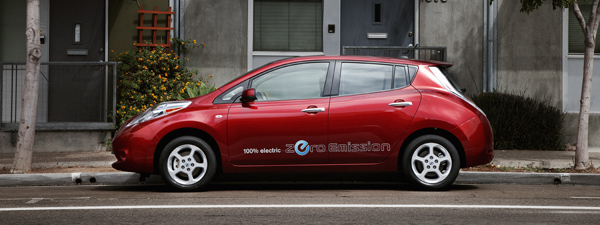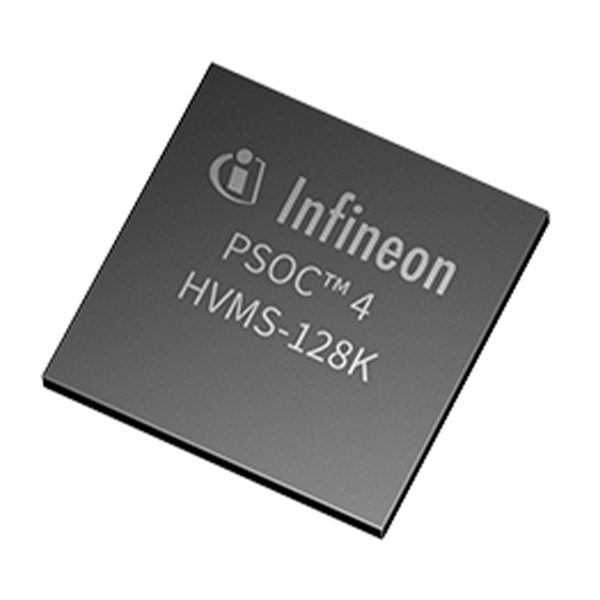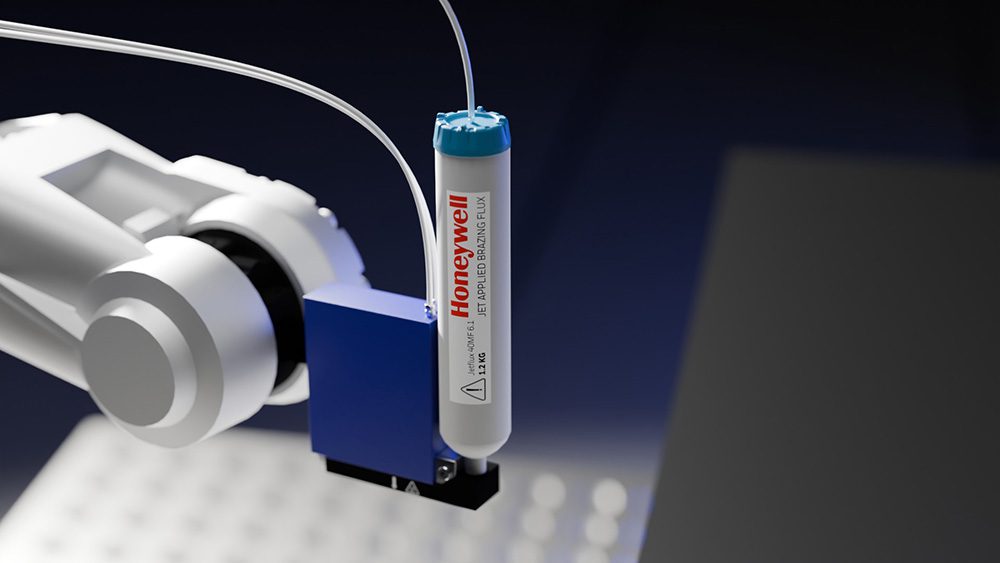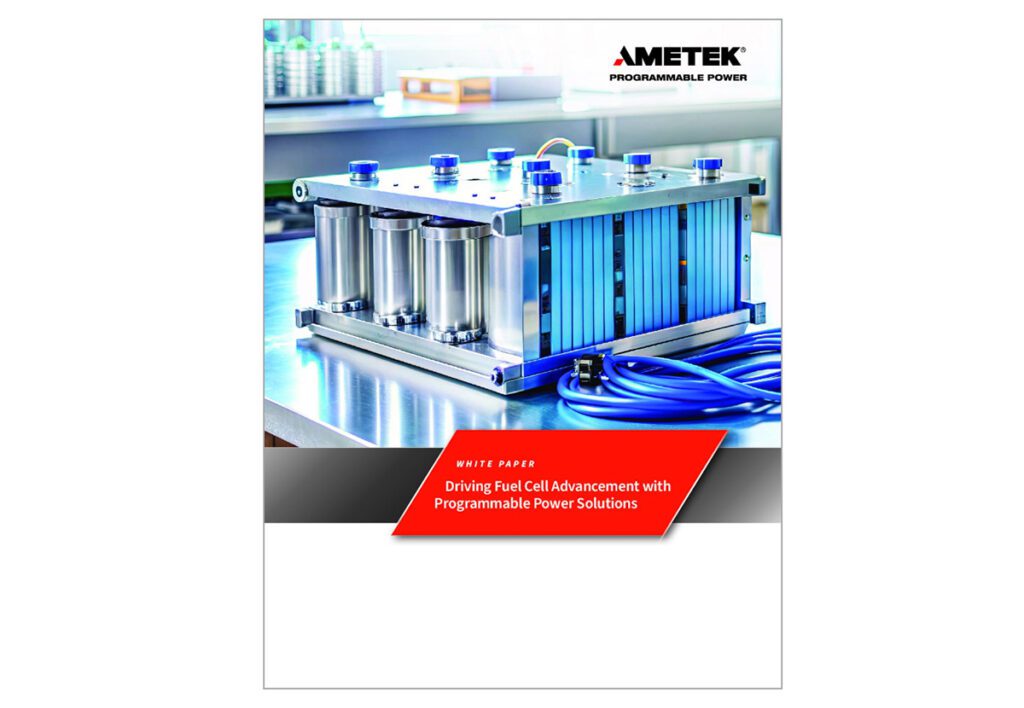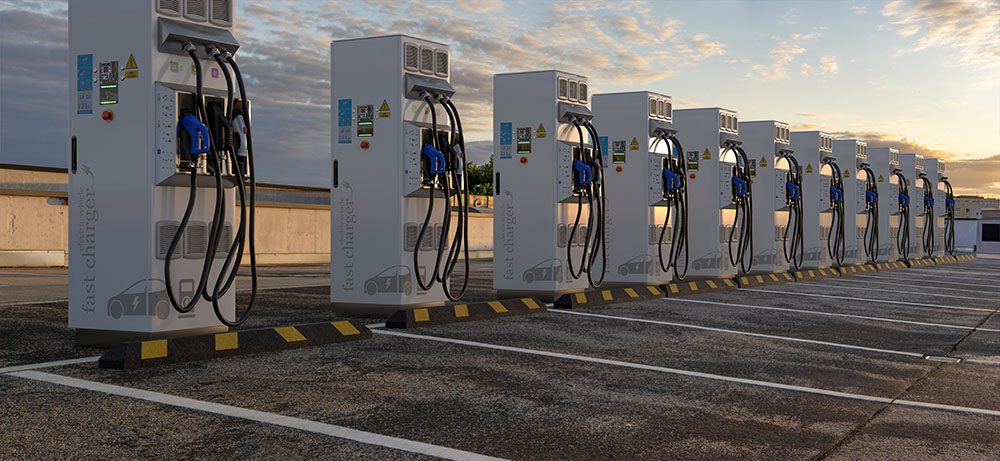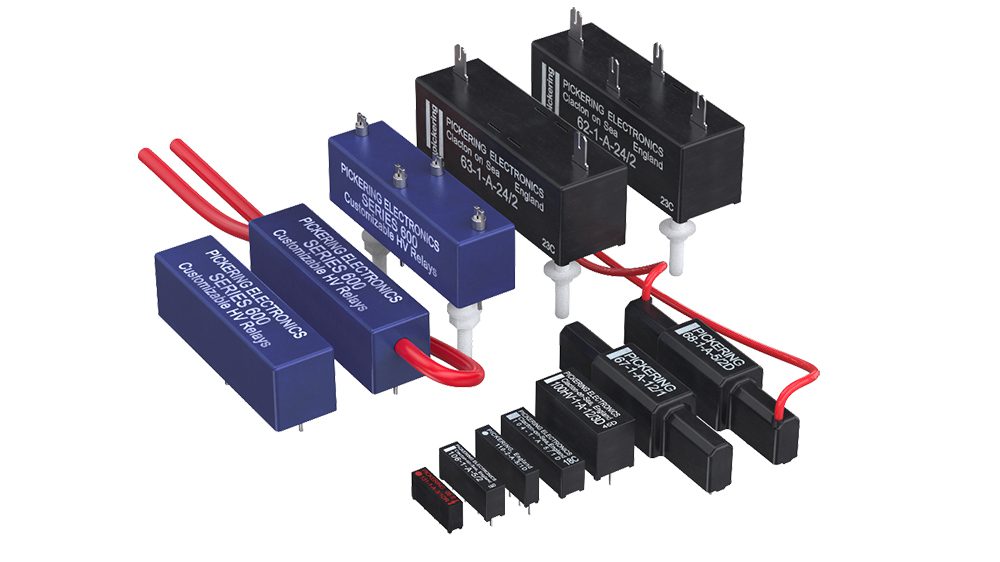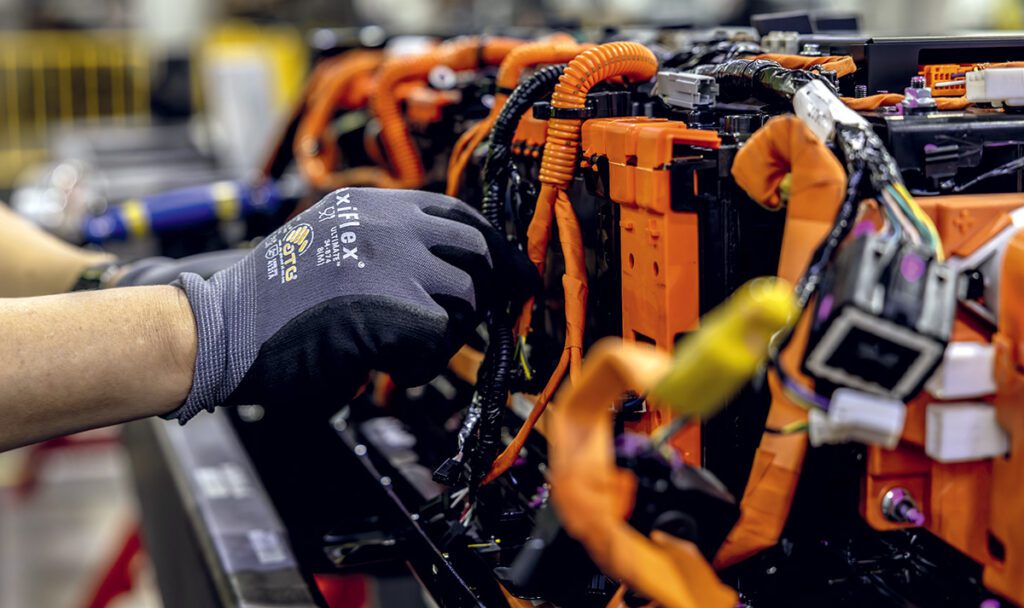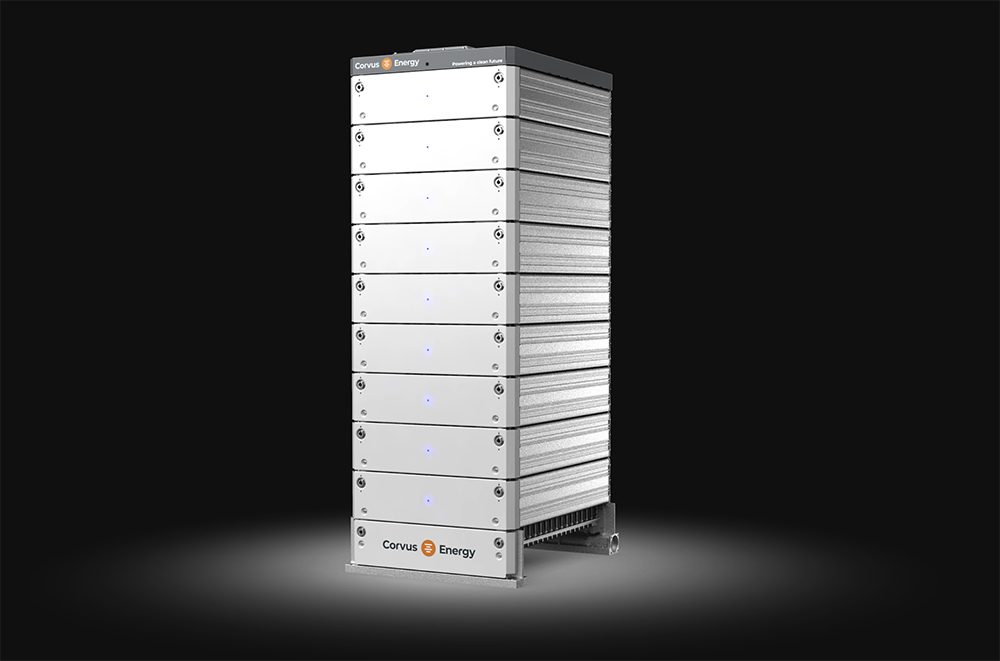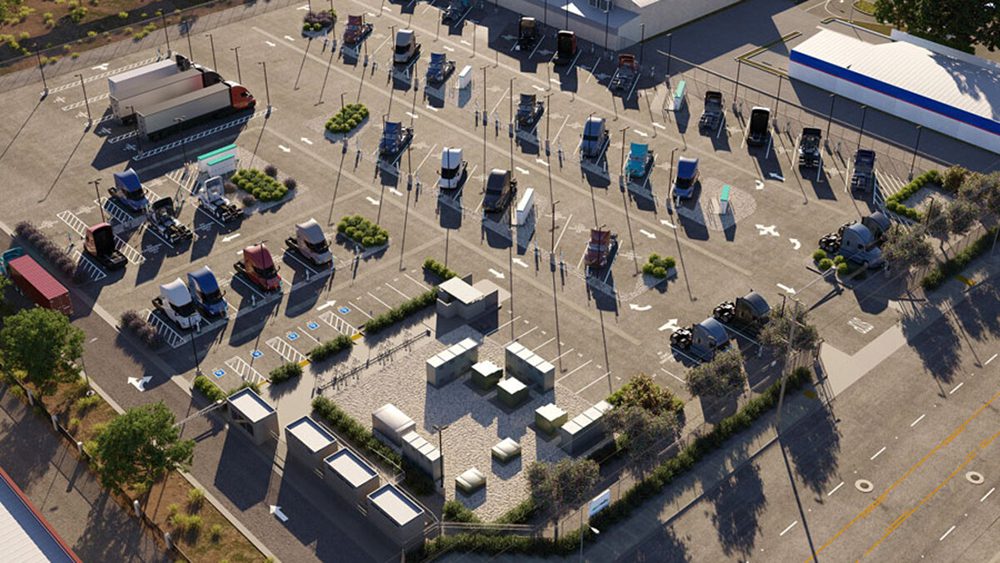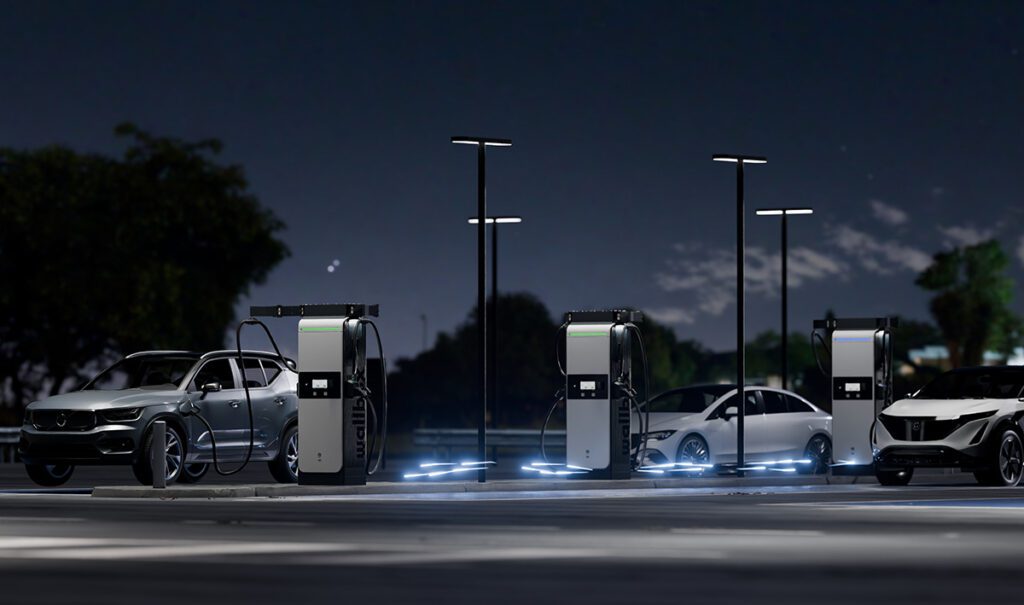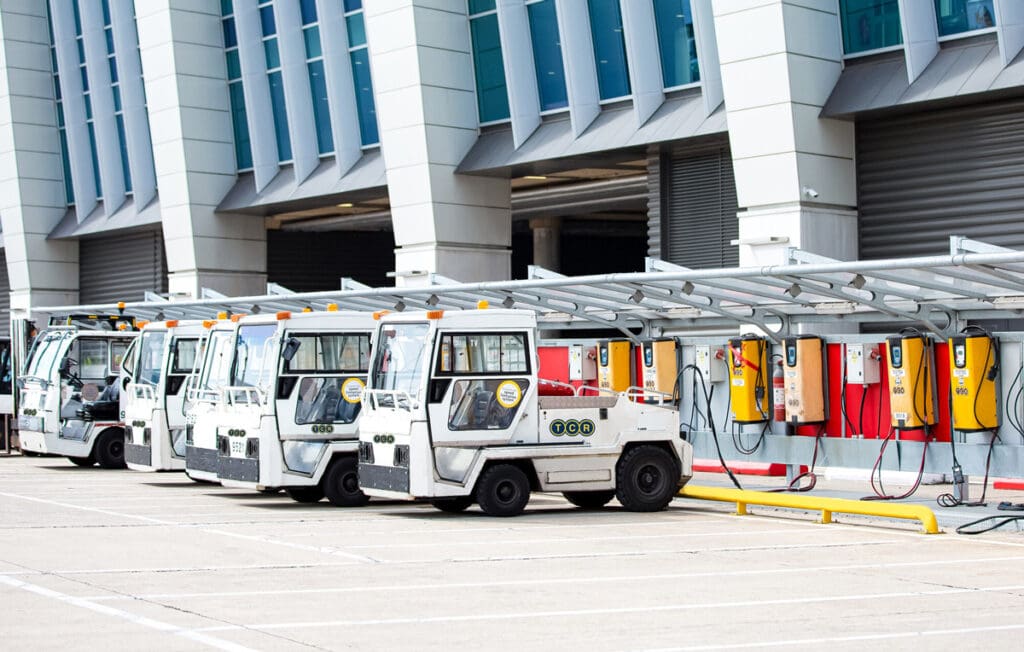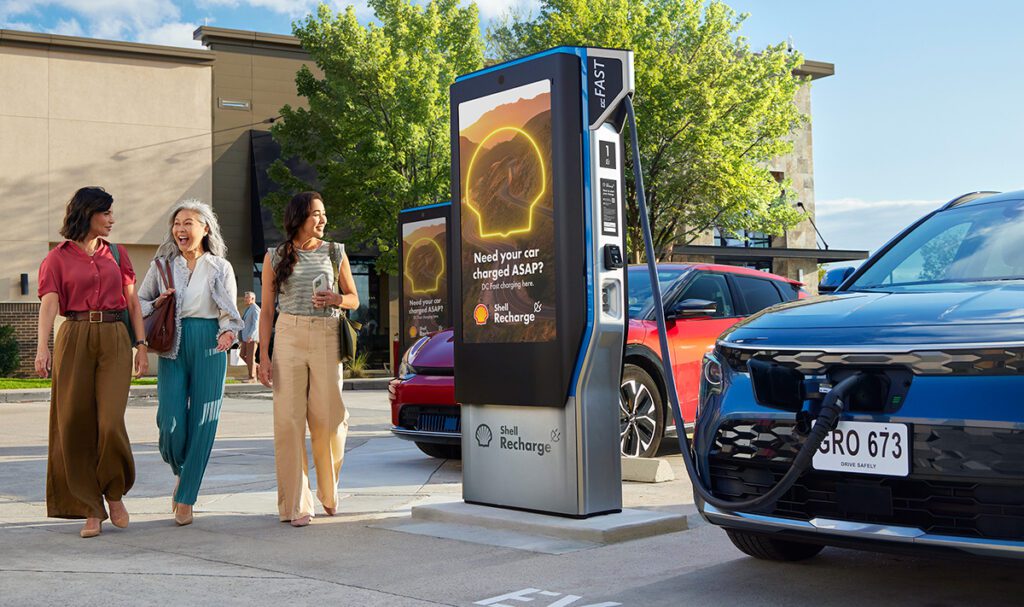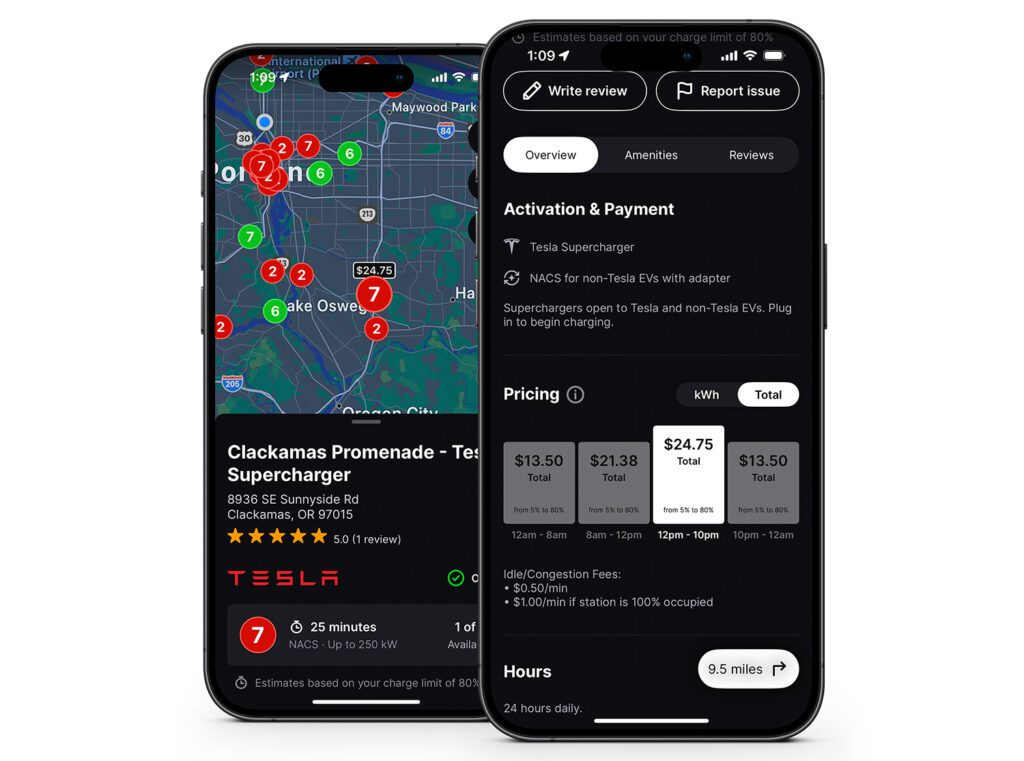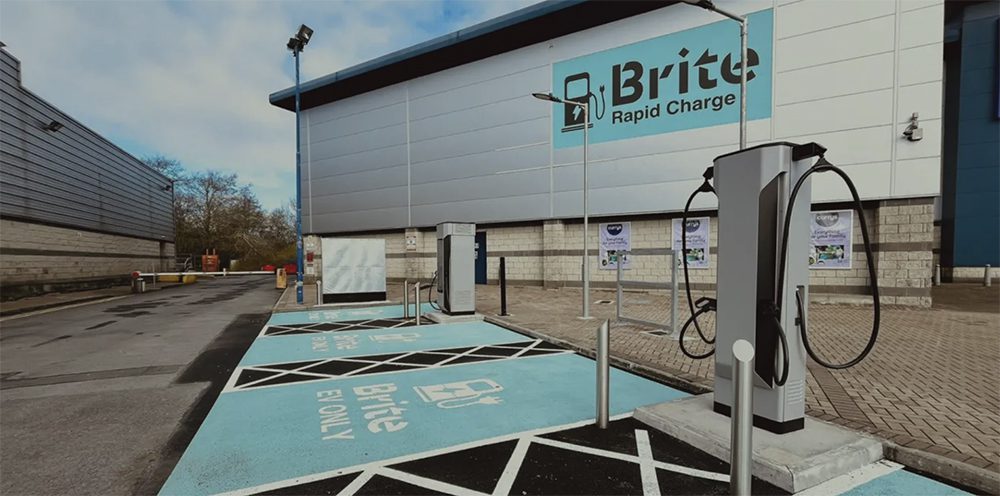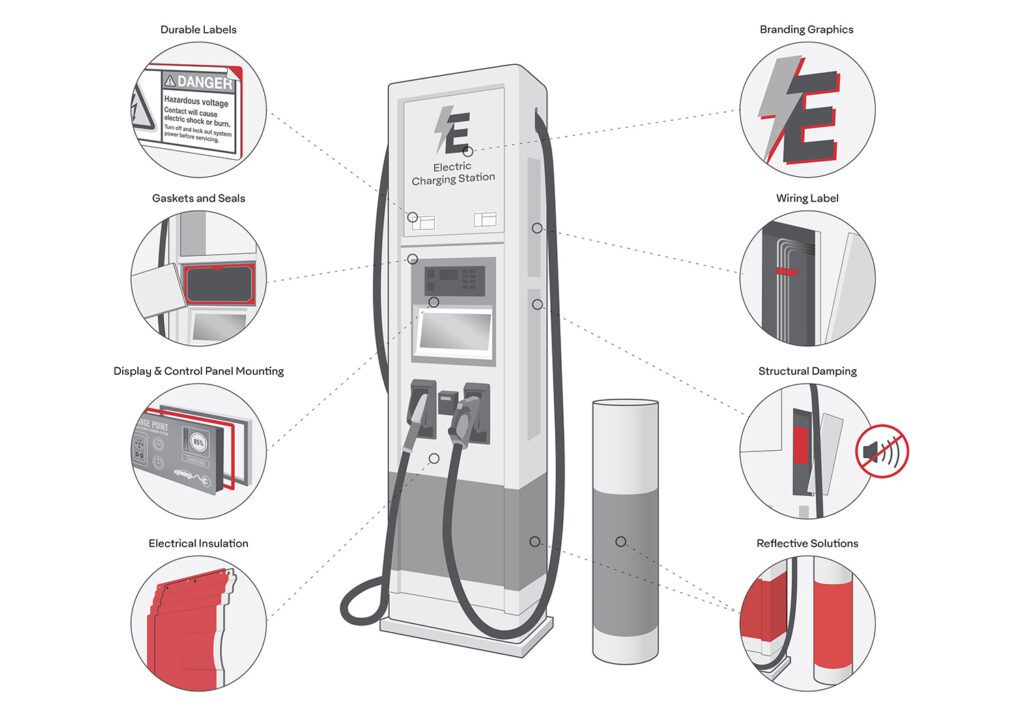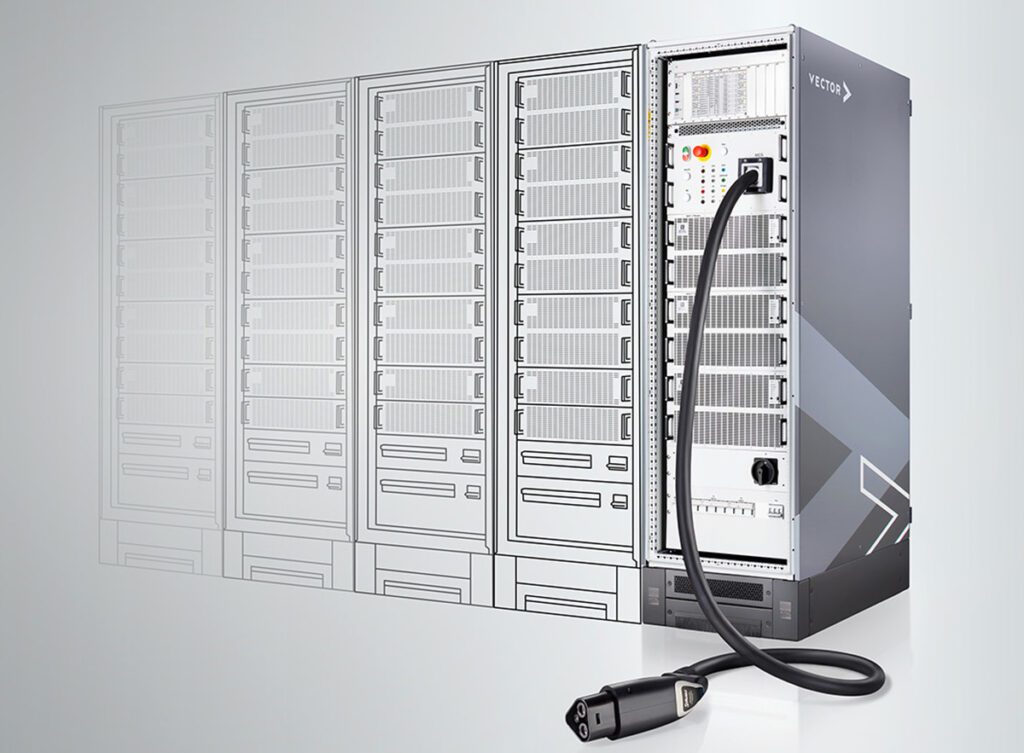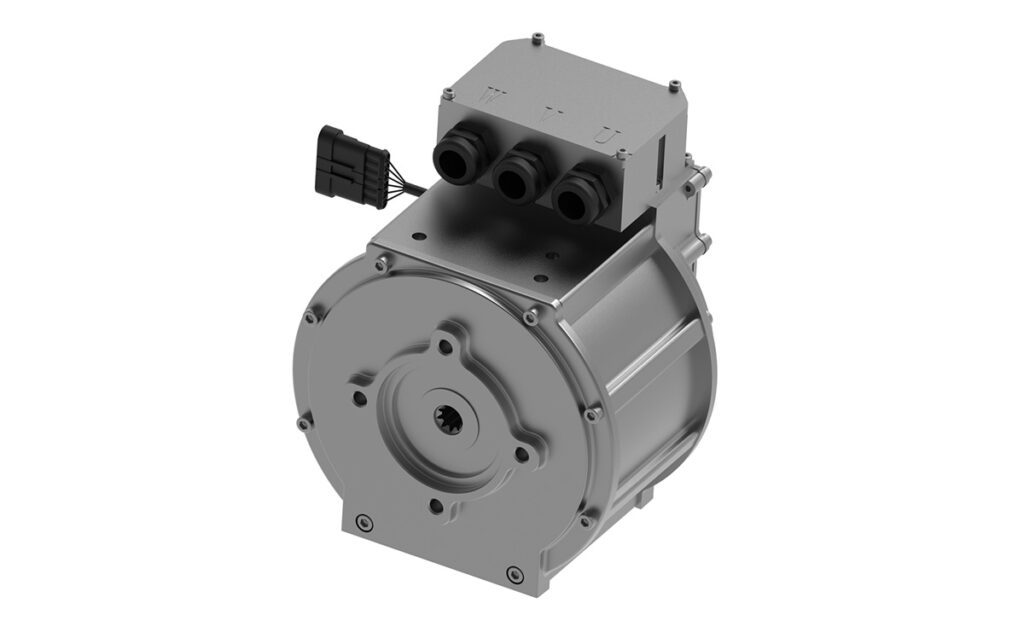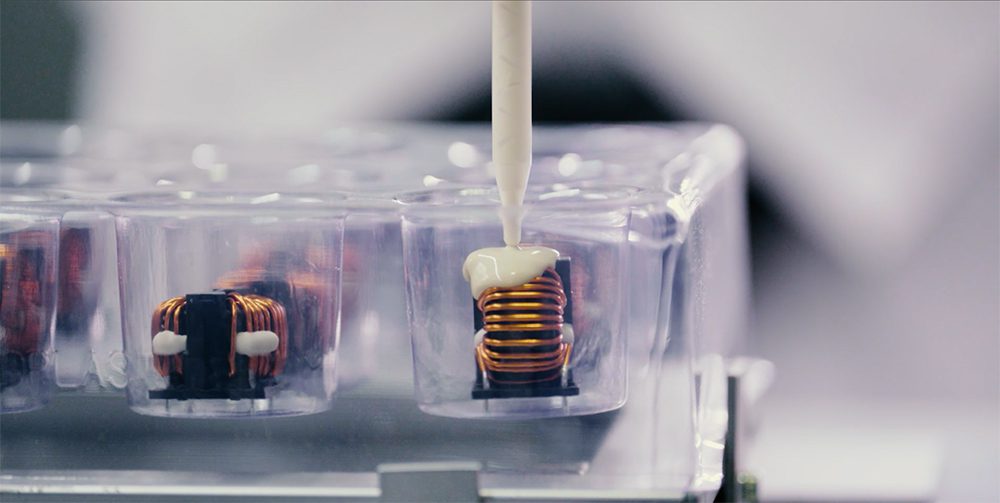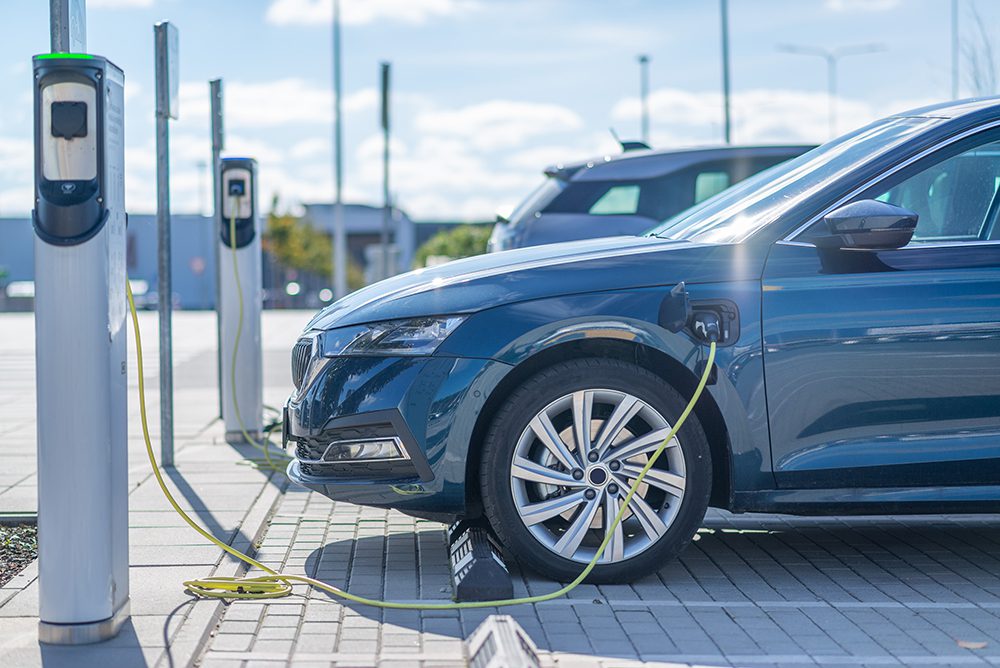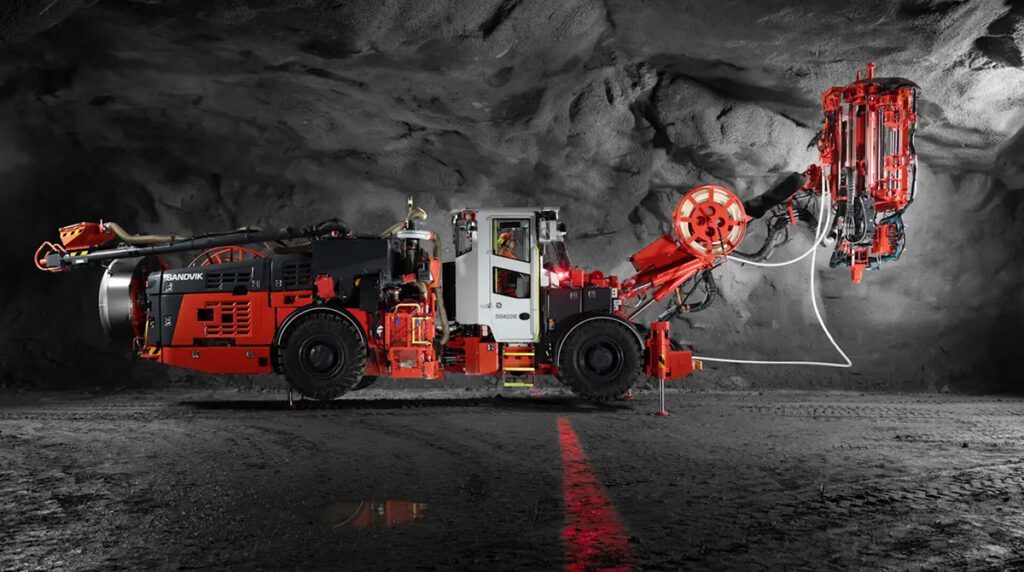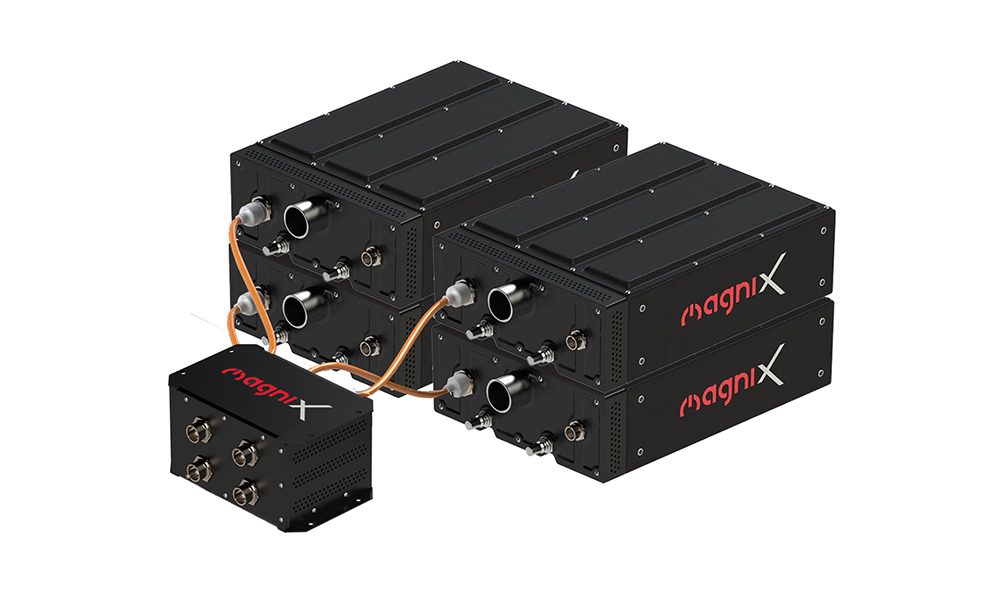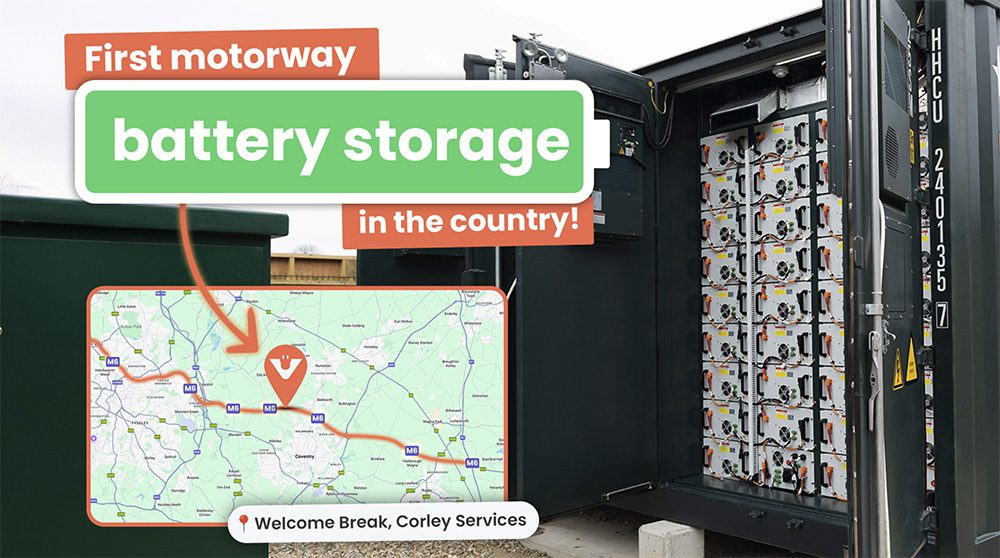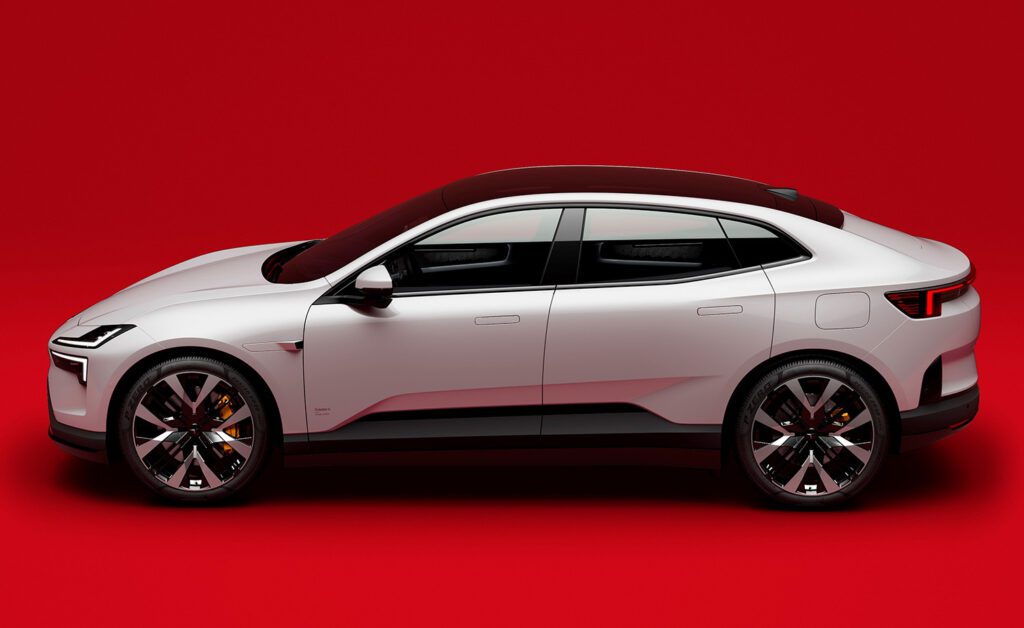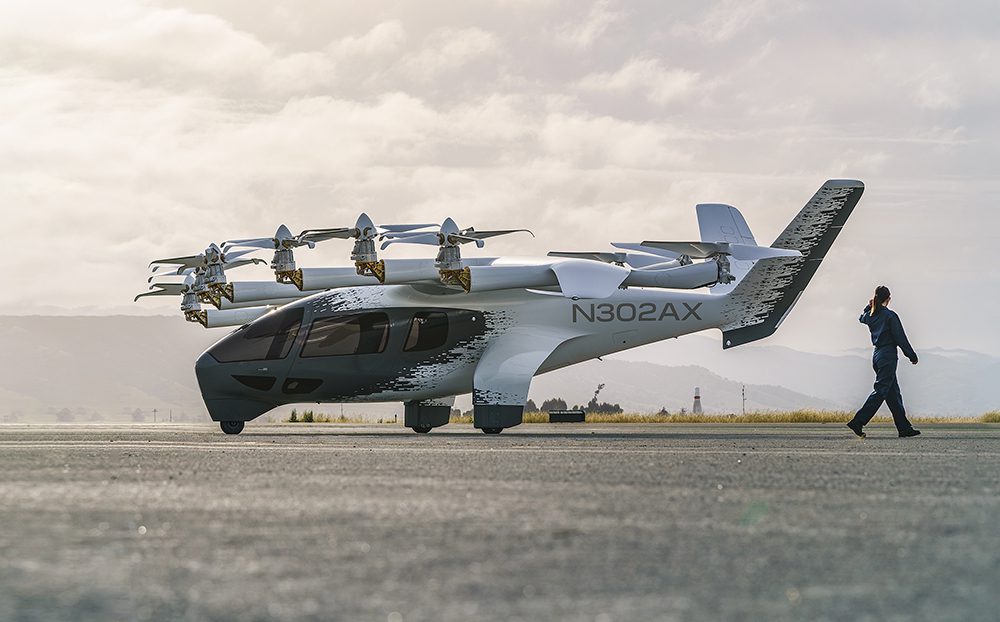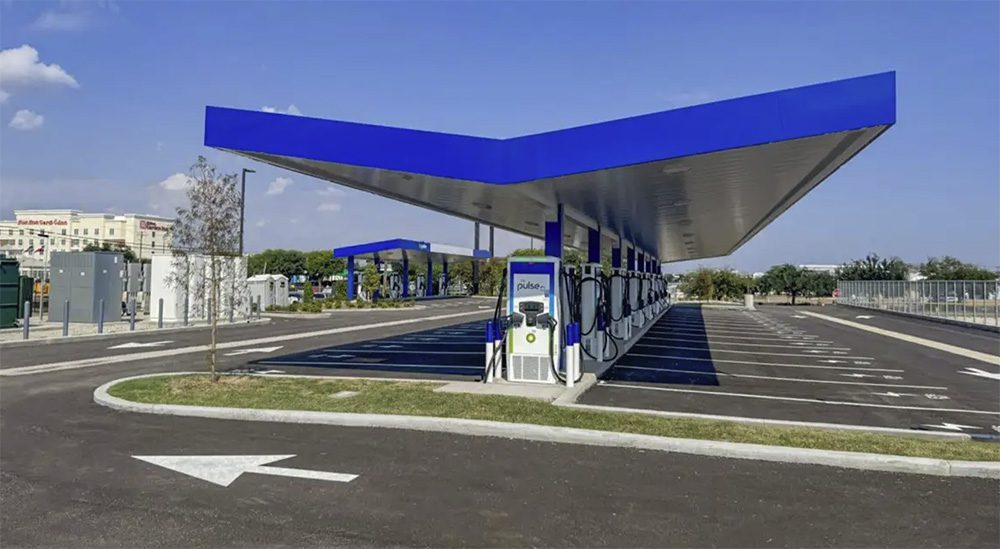More range! More range! That’s the mantra that EV gurus are constantly chanting. Nissan delivered the goods this week, as it announced that the updated Nissan LEAF, now available throughout Japan, offers a range of 228 km, or 141 miles (measured on the JC08 cycle), a 14% improvement over the original LEAF.
The capacity of the LEAF’s battery pack remains the same (24 kWh), but efficiency has been improved from 120 Wh/km to 114 Wh/km, thanks to a number of improvements. The high voltage unit, which includes the electric motor, inverter and DC/DC converter, has been integrated, delivering a 30% volume reduction and a 10% mass reduction. The total weight of the vehicle has been reduced by about 80 kg (176 lbs), and the power consumption of some accessories has been reduced as well.
Another improvement: the newly designed motor uses 40% less dysprosium than the previous model. Some have raised concerns about the use of rare earth elements such as dysprosium in many of today’s high-tech gadgets, because these elements tend to be found in a few geopolitically dodgy countries, and because their mining, refining, and recycling present environmental challenges. The LEAF’s new synchronous AC motor has the same power output (80 kW) as the old one, but less torque: 254 N-m instead of 280 N-m.
Source: Nissan







